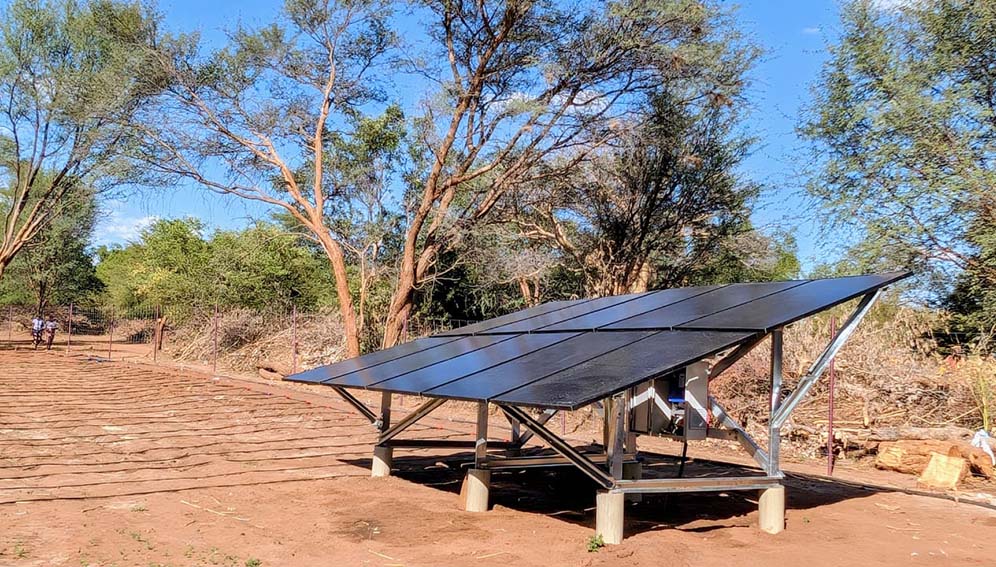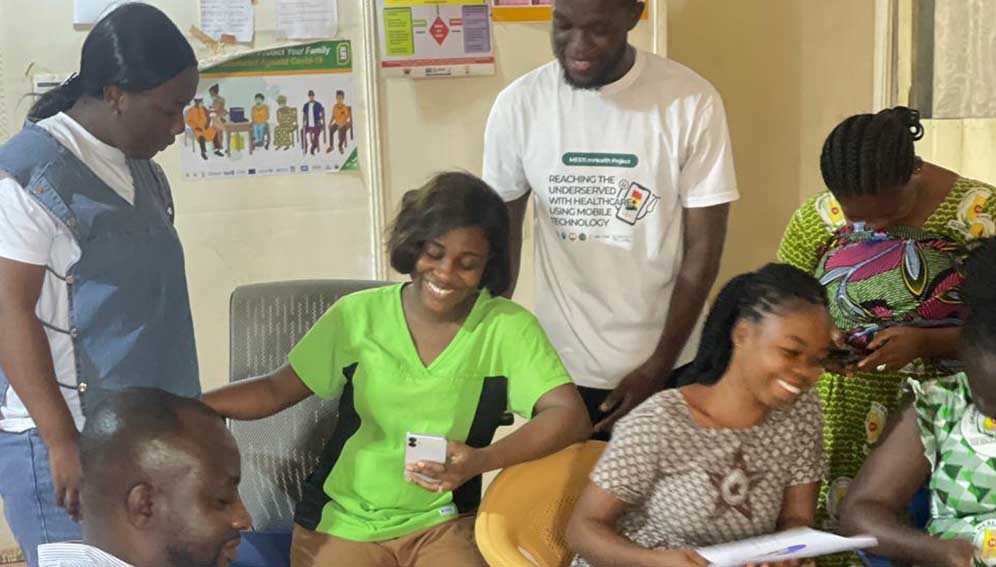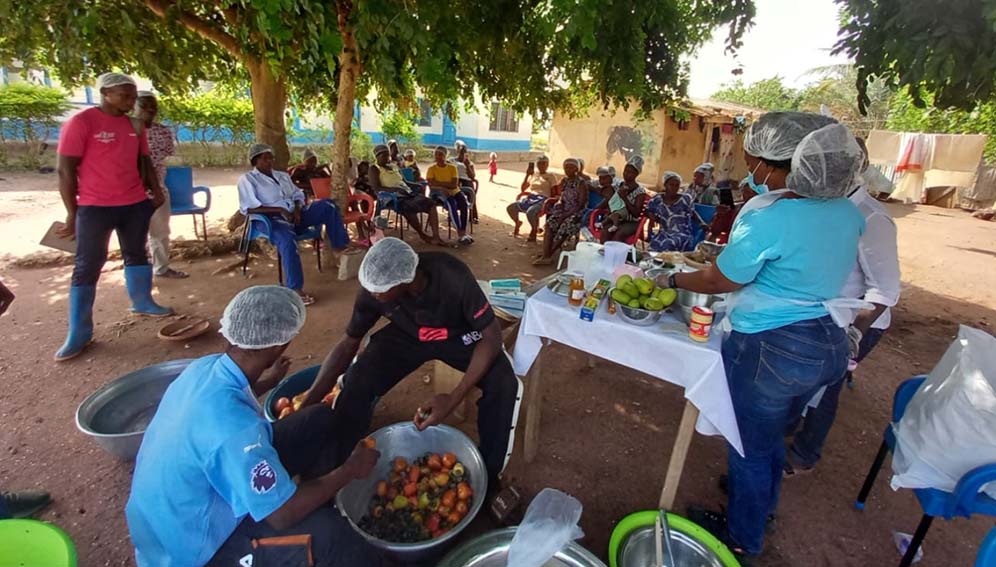SGCI News
Here is a recap of stories published in the latest Footprint Newsletter. Across the continent, researchers are working hand in hand with farmers to develop practical solutions that respond to…
Here is a recap of stories published in the latest Footprint Newsletter.
Across the continent, researchers are working hand in hand with farmers to develop practical solutions that respond to the challenges of food insecurity and climate change.
This month’s edition brings you three such stories. From Uganda’s coffee fields to vegetable farms in Kenya and all the way to Namibia’s indigenous crops. Each story highlights how research and innovation are driving sustainable agricultural practices and helping communities build resilience in the face of a changing climate.
Here are some excerpts from the stories
Ugandan researchers have developed a method to transform the waste generated by leather production into a nutrient-rich agricultural solution for coffee farming.
The innovation addresses critical challenges in Uganda’s agricultural sector by targeting waste management and soil fertility through a scientifically advanced approach to organic fertiliser production.
Sammy Ndungu, a smallholder farmer in Kiambu, central Kenya, struggled with low yields due to reliance on rain-fed agriculture, but this changed when researchers visited his community to train smallholders in the preparation of nurseries, application of organic fertiliser, and crop management.
A lack of protein is a major contributor to malnutrition in low- and middle-income countries, where many people’s diets are heavily dependent on staple crops.
To tackle this problem in Namibia, researchers started a food and nutrition project to train farmers in the use of a biofertiliser to produce protein-enriched legumes.
Please check out the stories and let us know what you think. We would love to hear from you!
Let’s continue the conversation on our social media
Follow us on LinkedIn
Related News
Pay-as-you-go solar irrigation supports rural women
[NAIROBI] A solar-powered, “pay-as-you-go” irrigation system being piloted in Mozambique and Zambia is reducing farmers’ dependence on rainfall and easing the burden of water collection on women. The two countries are prone to both floods and droughts, which are becoming more frequent and intense due…
Mobile app aims to bridge Ghana’s rural healthcare gap
[KUMASI, GHANA, SciDev.Net] For years, frontline nurses at community-based health planning services have been forced to improvise with limited resources, no labs, no ultrasound machines, and sometimes no electricity. When complications arose, patients needed to travel to better-equipped hospitals, often several kilometres away. “We see…
Cashew waste a lucrative business for Ghana’s youth
[ACCRA, SciDev.Net] In Ayigbe, a rural community in Ghana’s Bono Region, 35-year-old Michael Kyereme paid off a university debt of GHS 3,500 (US$335) in just three months. He managed this not by getting a highly paid salaried job, but by selling juice made from the…
Research and Resources
SGCI funded projects
Rwanda’s integrated approach to sustainable agriculture and nutrition
Project Titles & Institution Areas of Research Number of Projects being funded Project Duration Grant Amount In-Kind Distribution Council Collaboration with other councils





